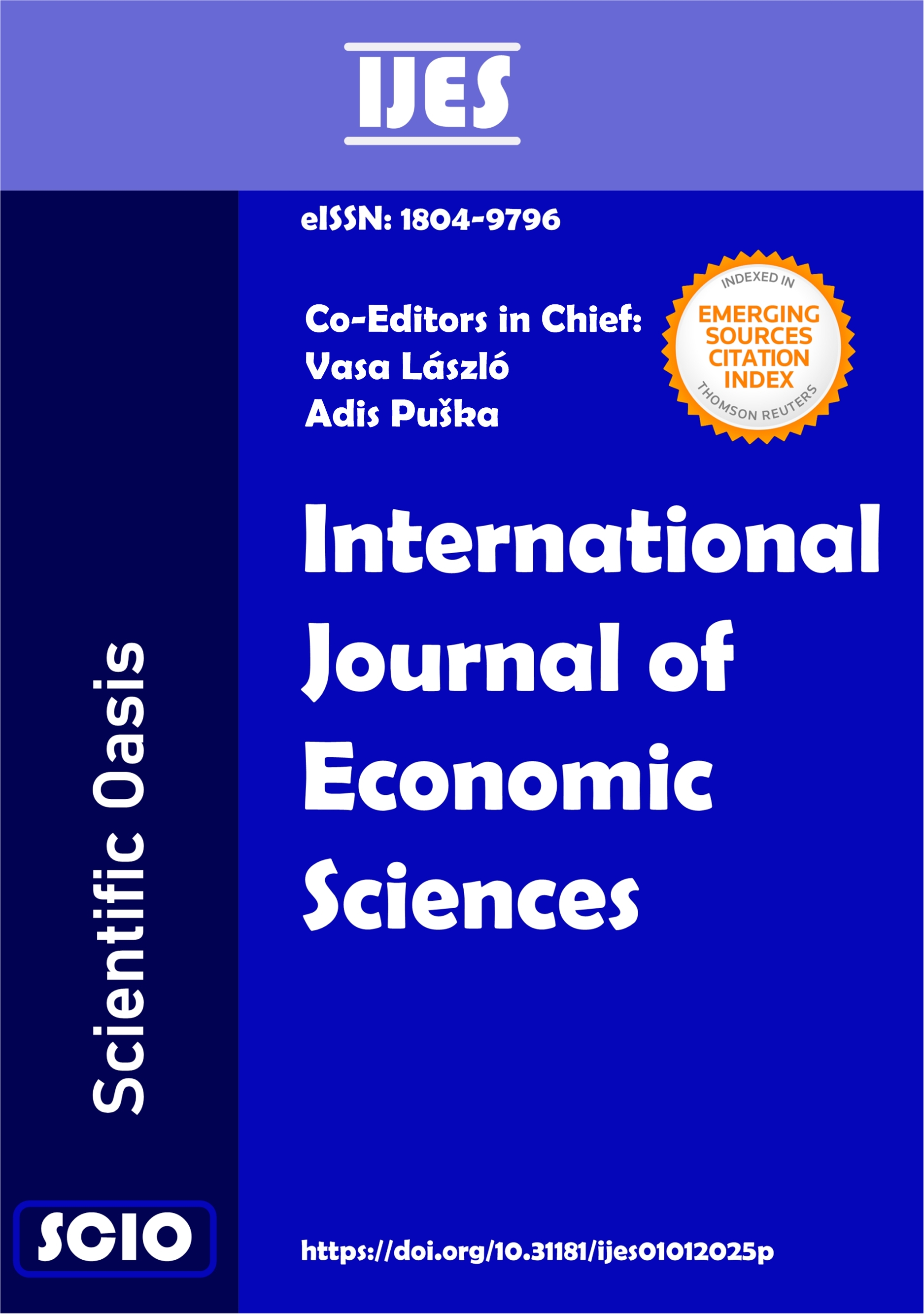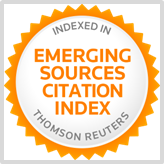EVALUATION OF THE ANTIVIRUS A PROGRAMME IN THE CZECH REPUBLIC DURING THE COVID-19 PANDEMIC
DOI:
https://doi.org/10.52950/ES.2023.12.1.009Keywords:
Antivirus A Programme, COVID-19 pandemic, Unemployment, Fiscal policy, Government intervention, Short-run Phillips curveAbstract
This paper analyses an employment support programme – the Antivirus A Programme – implemented in the Czech Republic during the COVID-19 pandemic aimed at maintaining a constant level of employment. We present this government programme in detail, including individual data related to its effectiveness and examine similar employment support programmes in other EU countries during the pandemic. We also analyse the economic development of sectors that received employment support. The main contribution of the paper is the creation of a counterfactual scenario of unemployment and inflation rate in the Czech Republic in the absence of the Antivirus A Programme using a short-run Phillips curve concept. According to Bajgar et al. (2021), one third of Czech workers could work from home during the pandemic. We find that if these workers had not been supported by the Antivirus A Programme, Czech taxpayers could have saved EUR 0.15 billion and inflation rate could have been reduced (based on our short-run Phillips curve model) by 0.66–0.99 p.p. for the entire duration of the Antivirus A Programme depending on the choice of assumptions related to the possibility of working from home.
Data:
Received: 28 Jan 2023
Revised: 15 Mar 2023
Accepted: 17 Apr 2023
Published: 1 May 2023
Downloads
Downloads
Published
Issue
Section
License
Copyright (c) 2023 Adéla Zubíková, Kristýna Veselá, Pavel Smolák (Author)

This work is licensed under a Creative Commons Attribution 4.0 International License.






















 All site content, except where otherwise noted, is licensed under the
All site content, except where otherwise noted, is licensed under the